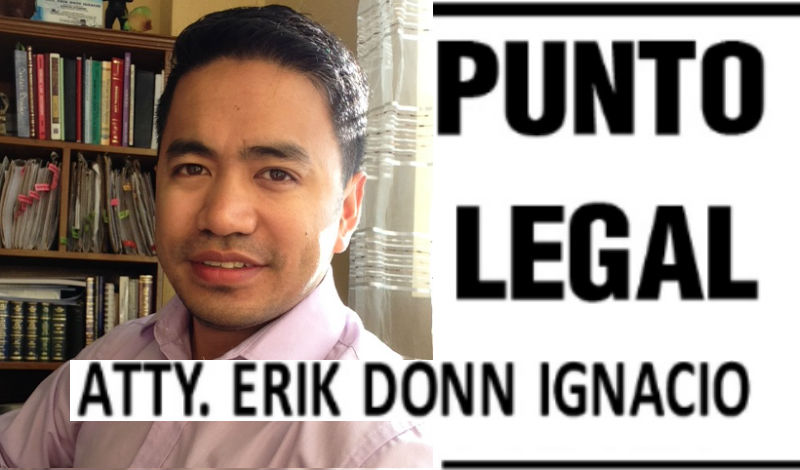Someone once said: “Your freedom to swing your arm ends where my nose begins”. Laws are enacted to protect our rights and give us the opportunity to protect them whenever it is threatened. There are, however, instances where a person’s exercise or assertion of his rights bring damage or harm to others. This is the so called principle of “abuse of rights”. Under this principle, damages may be awarded in favor of a person who suffers damages by reason of the abuse of rights of another. To some lawyers, this is a suit of last resort. It is a joke among lawyers that, if you do not know the proper case or cause of action, file one under the principle of abuse of rights. This principle is stated in Article 19 of the New Civil Code: “Every person must, in the exercise of his rights and in the performance of his duties, act with justice, give everyone his due, and observe honesty and good faith.” It might be the secular or legal version of the “golden rule”. In the case of Yuchengco vs. Manila Chronicle (G.R. 184315, 28 November 2011) the principle was explained.
Libel
The decision is on the motion for reconsideration filed by Coyiuto, one of the respondents on the decision of the Court upholding the findings and award of damages by the lower courts. Coyiuto was the publisher of the Manila Chronicle which published libelous articles against Yuchengo. The Regional Trial Court found that indeed the articles published by Manila Chronicle were libelous and awarded substantial amount of damages against the respondents. The Court of Appeals sustained this decision until it reached the Supreme Court. Whether Coyiuto indeed abused his rights, was among the issues raised together with the amount of damages awarded. Other issues were technical matters and the Court said that the motion for reconsideration contained the same arguments that were already raised in the previous pleadings. The decision affirmed the findings of the lower courts but the SC modified and lowered the amount of damages.
There is Abuse
The Court justified its decision by citing the case of Globe Mackay Cable and Radio Corporation v. Court of Appeals. The explanation there is: “This article, known to contain what is commonly referred to as the principle of abuse of rights, sets certain standards which must be observed not only in the exercise of one’s rights, but also in the performance of one’s duties. These standards are the following: to act with justice; to give everyone his due; and to observe honesty and good faith. The law, therefore, recognizes a primordial limitation on all rights; that in their exercise, the norms of human conduct set forth in Article 19 must be observed. A right, though by itself legal because recognized or granted by law as such, may nevertheless become the source of some illegality. When a right is exercised in a manner which does not conform with the norms enshrined in Article 19 and results in damage to another, a legal wrong is thereby committed for which the wrongdoer must be held responsible. But while Article 19 lays down a rule of conduct for the government of human relations and for the maintenance of social order, it does not provide a remedy for its violation. Generally, an action for damages under either Article 20 or Article 21 would be proper.” Coyiuto as the publisher abused his rights when he published those libelous articles. It is then but proper that damages be awarded against him because his action is the cause of Yuchengco’s anguish.













